According to the Ho Chi Minh City Center for Disease Control (HCDC), last week, Ho Chi Minh City recorded 197 cases of dengue fever, an increase of 18% compared to the average of the previous 4 weeks. Of which, the number of inpatients increased by 11.4% and outpatients increased by 24.6%.
Dr. Nguyen Minh Tien, Deputy Director of the City Children's Hospital (HCMC), said that the hospital is currently receiving more than 20 cases of dengue fever, many of which are severe and require ventilators. Over the past week, the hospital has also made efforts to save the lives of many children with severe dengue shock, complications of respiratory failure, blood clotting disorders, etc.
Among them, the PLC girl (8 months old, living in Dong Thap) had a high fever for the first three days, no vomiting, no abdominal pain. On the fourth day, she still had a fever with vomiting, cold hands and feet, was admitted to the local hospital, diagnosed with dengue shock syndrome, and was given intravenous fluids to treat the shock according to the protocol. The child's condition worsened, with prolonged shock, blood clotting disorder, gastrointestinal bleeding, and respiratory failure. She was actively treated for shock, intubated, put on a ventilator, and given blood products. After 3 days of treatment at the local hospital, the child's condition did not improve, and she suffered severe liver and kidney damage.
The child was then transferred to the City Children's Hospital. Here, doctors continued to provide respiratory support, correct blood clotting disorders, alkalize the liver, and perform 3 consecutive blood filtration cycles. Up to now, the child's condition has gradually improved, he has been able to urinate well, his liver and kidney function has returned to normal, he has been taken off the ventilator, is alert, and is feeding well.
There have been 6 deaths from dengue fever in the south.
Or the case of child LH V (11 years old, female, 54 kg, living in Long An, overweight - normal weight for this age is 30-34 kg) had a history of fever for 4 days, on the 5th day admitted to the local hospital in a state of deep shock, received anti-shock IV according to the protocol.
The child was then transferred to the City Children's Hospital in a state of prolonged shock, respiratory failure, blood clotting disorder, liver damage, receiving anti-shock fluids, respiratory support, peritoneal puncture and drainage, blood transfusion and blood products, liver support treatment, and acidosis correction. After nearly a week of treatment, the child's condition gradually improved, he was taken off the ventilator, and was alert.
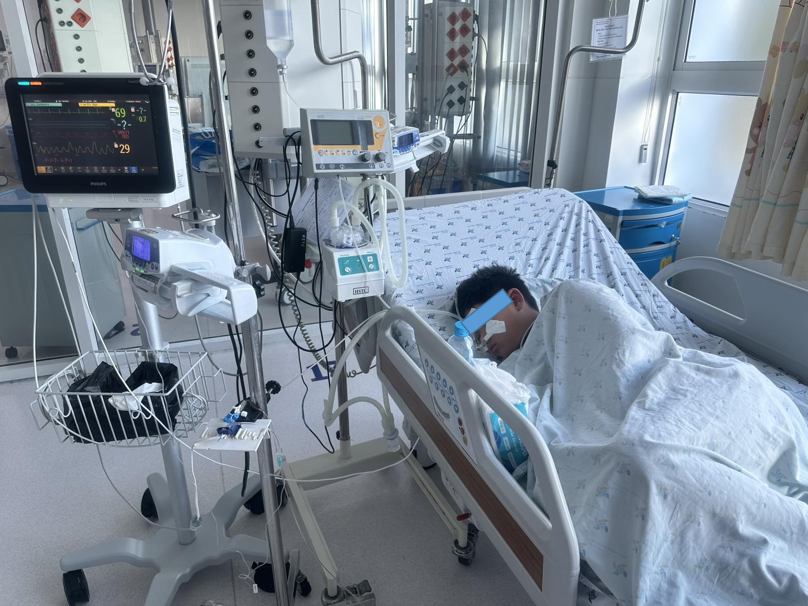
10-year-old boy with severe dengue shock, treated at City Children's Hospital
Similar to boy TQB (3.5 years old, living in Binh Tan district, Ho Chi Minh City), boy PTH (10 years old, living in Binh Phuoc), boy BPQD (6 months old, living in Hoc Mon, Ho Chi Minh City) also developed severe dengue shock syndrome after only 2-3 days of high fever.
The children were hospitalized in a state of deep shock, receiving anti-shock intravenous fluids according to the protocol, progressing severely, with prolonged shock and complications of respiratory failure, blood clotting disorders, gastrointestinal bleeding, liver damage, and were treated actively with high molecular fluids, blood transfusions, and respiratory support with mechanical ventilation.
After about 1 week of active treatment, the children's condition has gradually improved, they have been weaned off the ventilator and are awake.
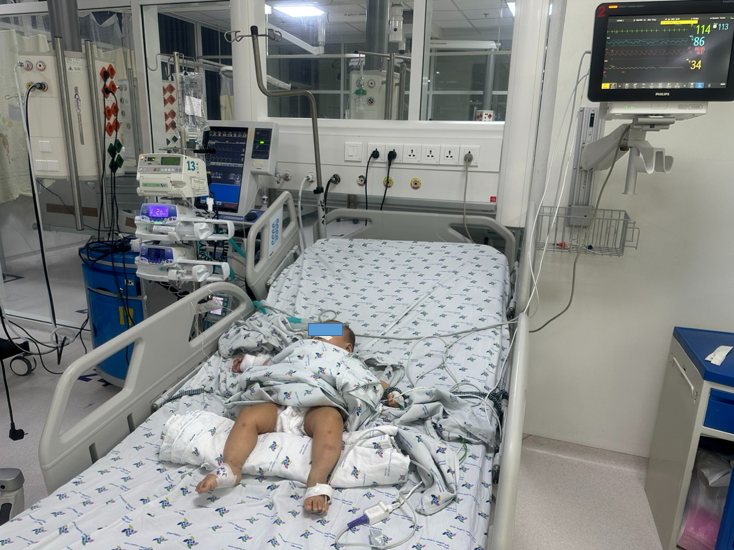
6-month-old baby with dengue shock was treated with anti-shock and ventilated
Dr. Tien recommends that parents actively kill mosquitoes and larvae, let their children sleep under mosquito nets, and need to monitor for early signs to take their children to medical facilities promptly.
"If you see your child has a high fever for more than 2 days and shows one of the following signs, you need to take them to the hospital immediately. Signs to watch out for include fussiness, restlessness, tossing and turning, abdominal pain, nosebleeds, bleeding gums or vomiting blood, black stools, cold hands and feet, lying in one place, not playing, refusing to breastfeed or eat or drink," Dr. Tien noted.
Source link




![[Photo] Prime Minister Pham Minh Chinh meets with Brazilian President Luiz Inacio Lula da Silva](https://vstatic.vietnam.vn/vietnam/resource/IMAGE/2025/3/28/41f753a7a79044e3aafdae226fbf213b)
![[Photo] Helicopters and fighter jets practice in the sky of Ho Chi Minh City](https://vstatic.vietnam.vn/vietnam/resource/IMAGE/2025/3/28/3a610b9f4d464757995cac72c28aa9c6)
![[Photo] General Secretary To Lam receives Brazilian President Luiz Inácio Lula da Silva](https://vstatic.vietnam.vn/vietnam/resource/IMAGE/2025/3/28/7063dab9a0534269815360df80a9179e)
![[Photo] Vietnam and Brazil sign cooperation agreements in many important fields](https://vstatic.vietnam.vn/vietnam/resource/IMAGE/2025/3/28/a5603b27b5a54c00b9fdfca46720b47e)

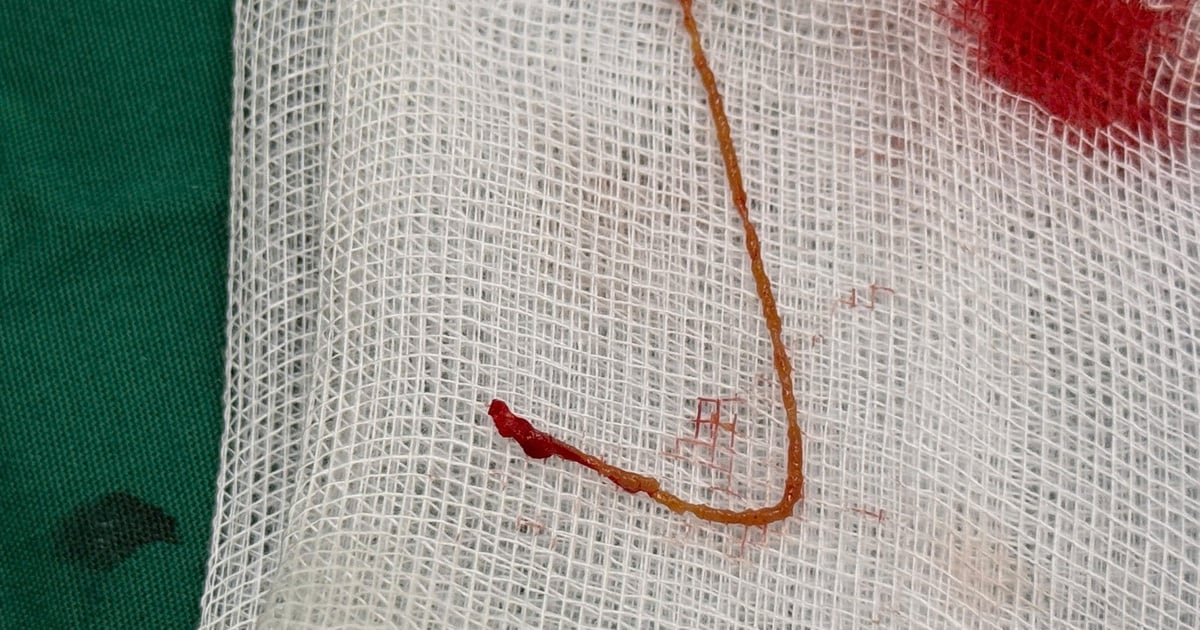
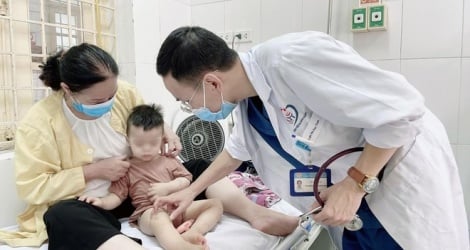

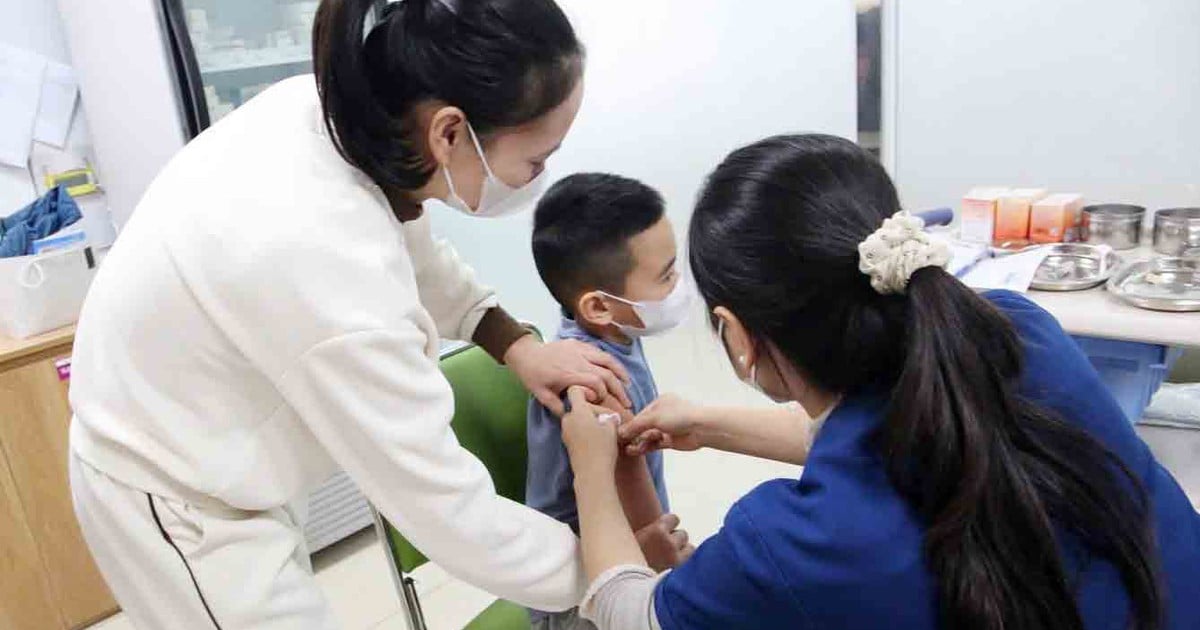


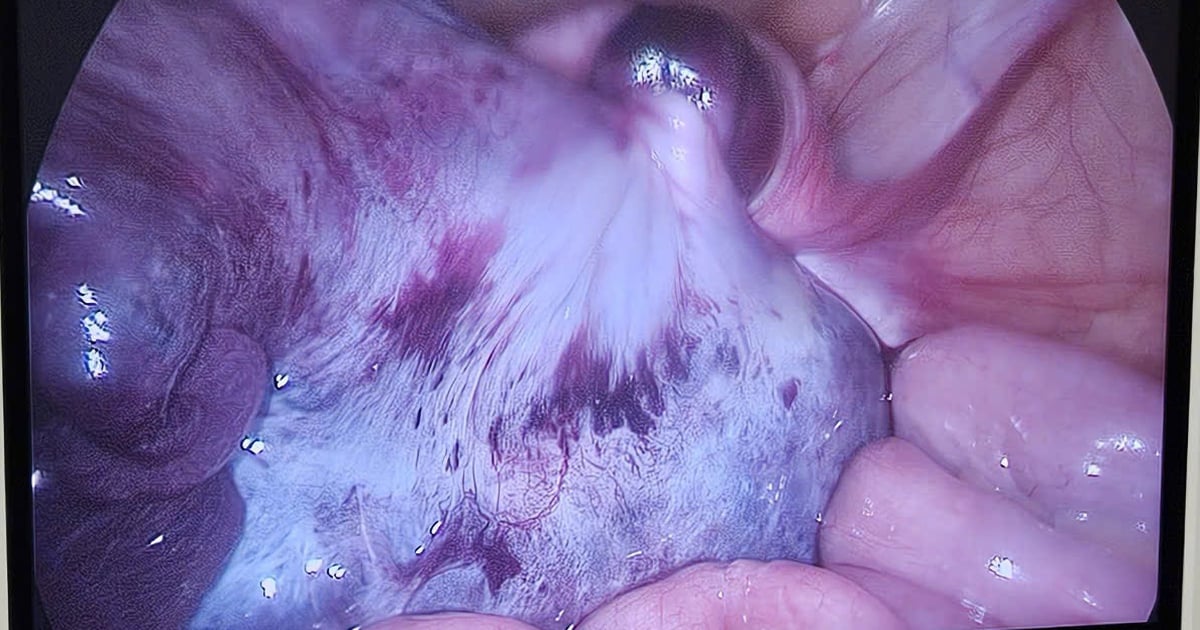
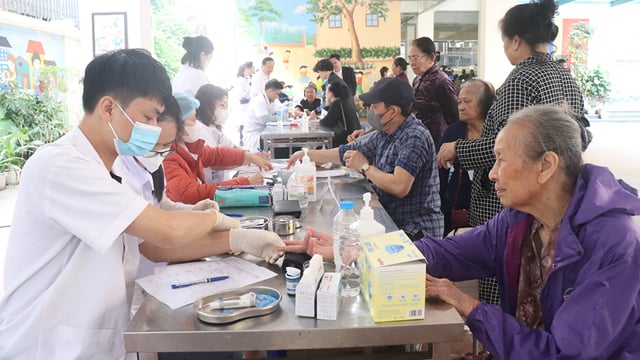



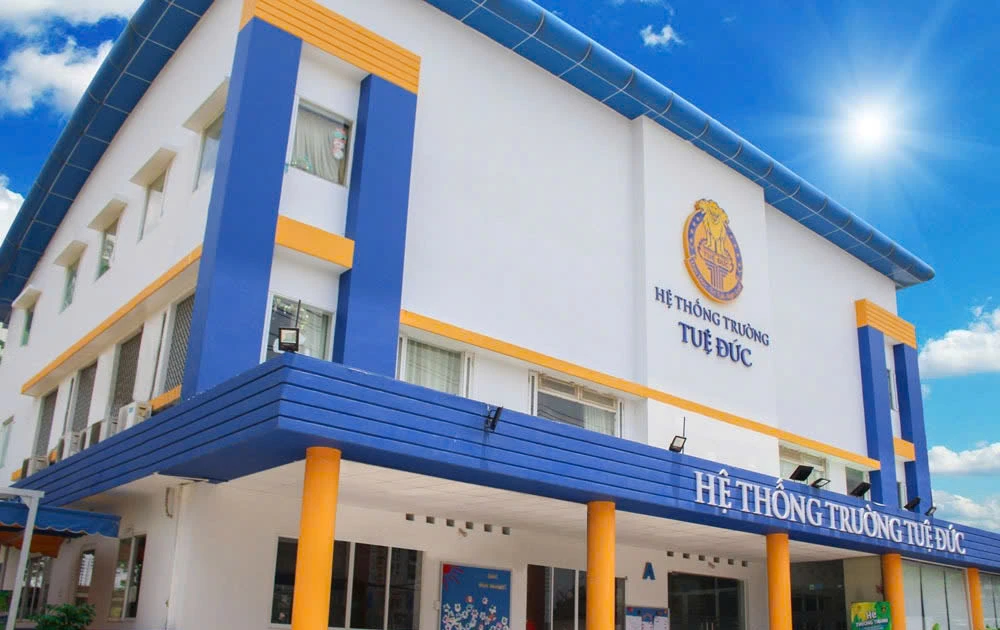






















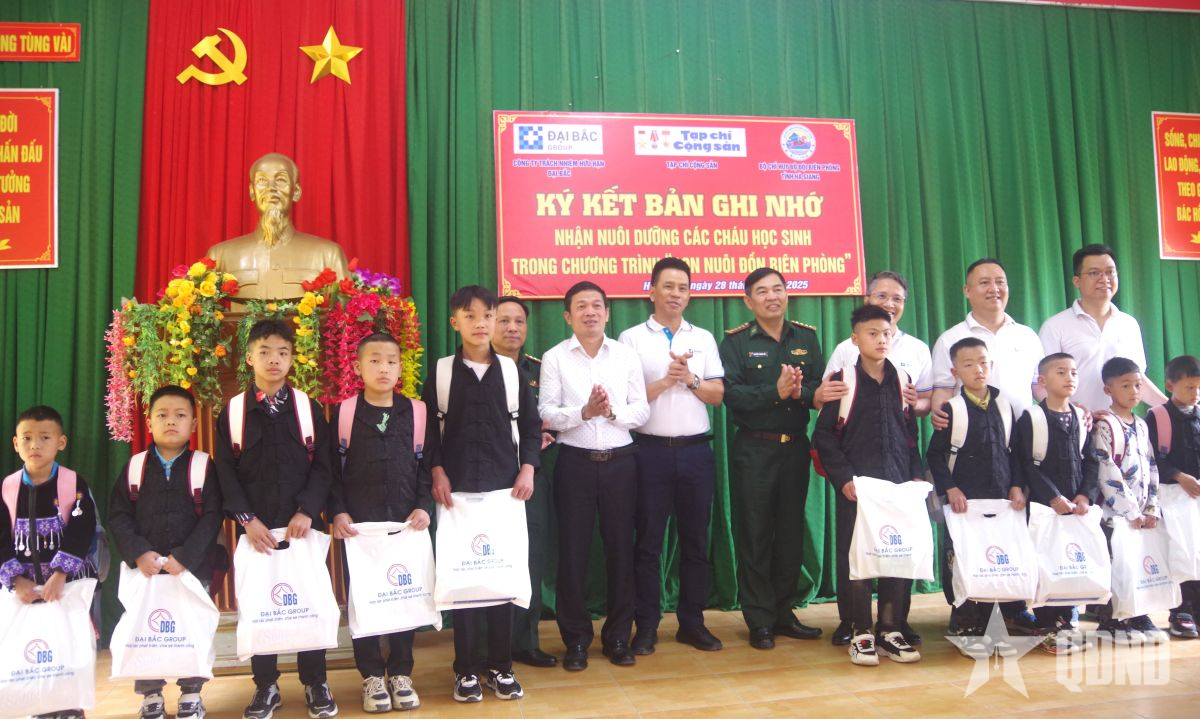




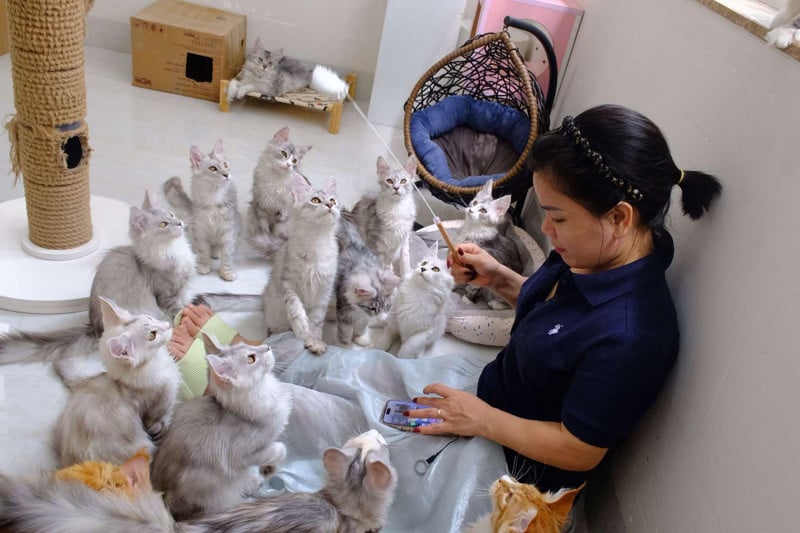












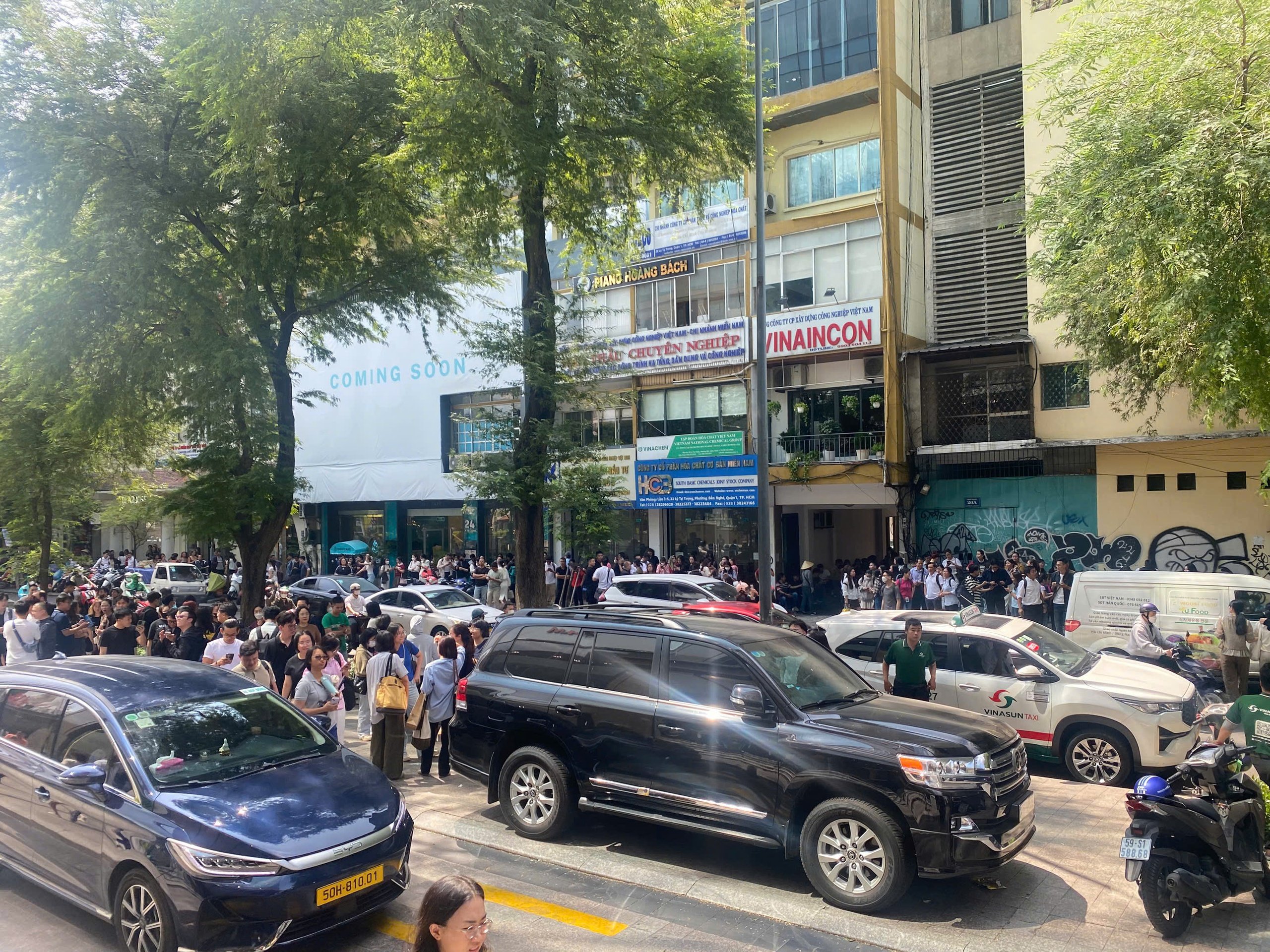



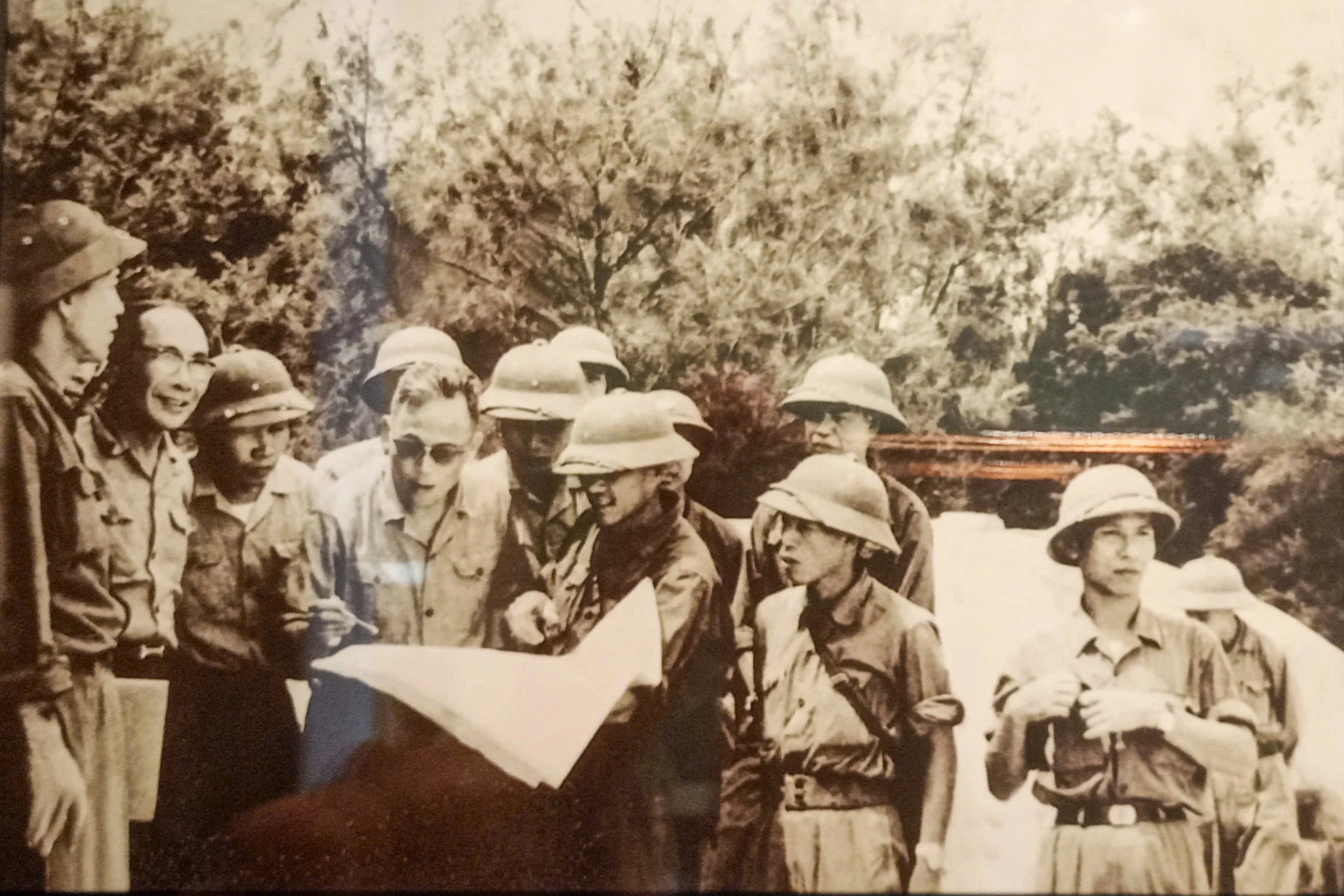









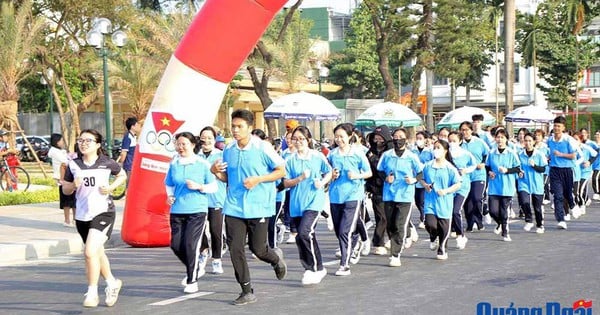

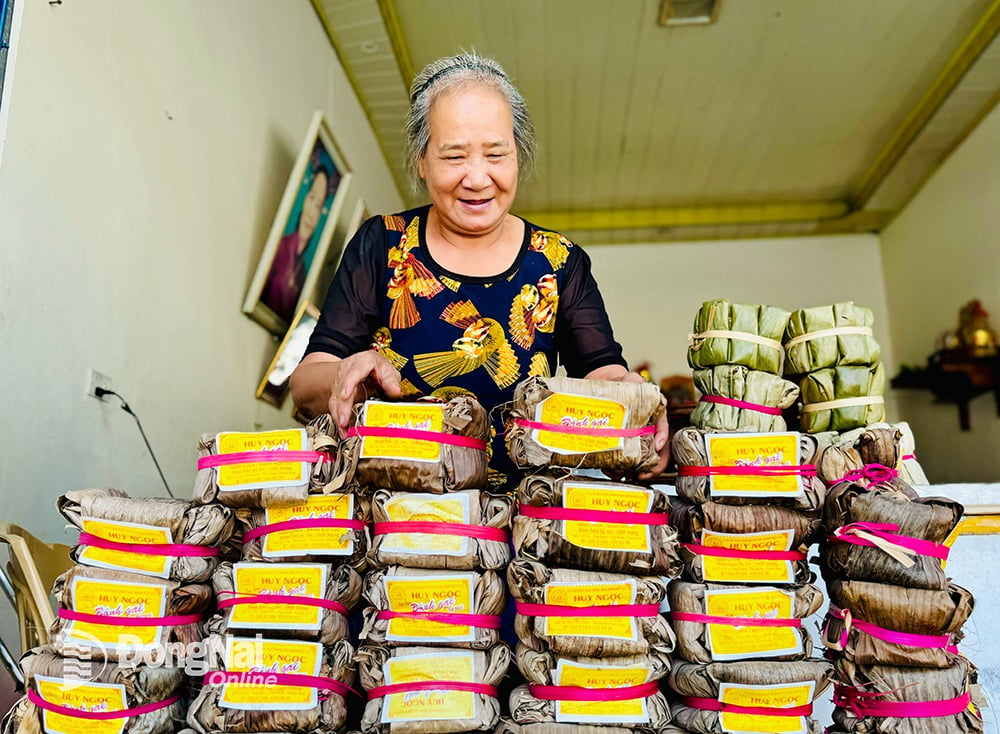




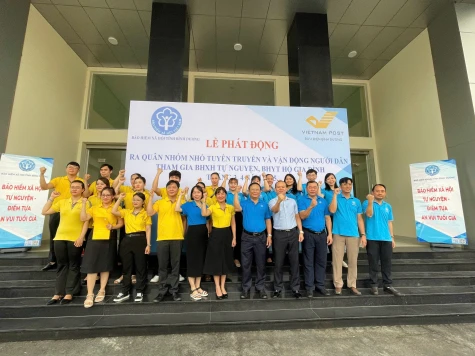

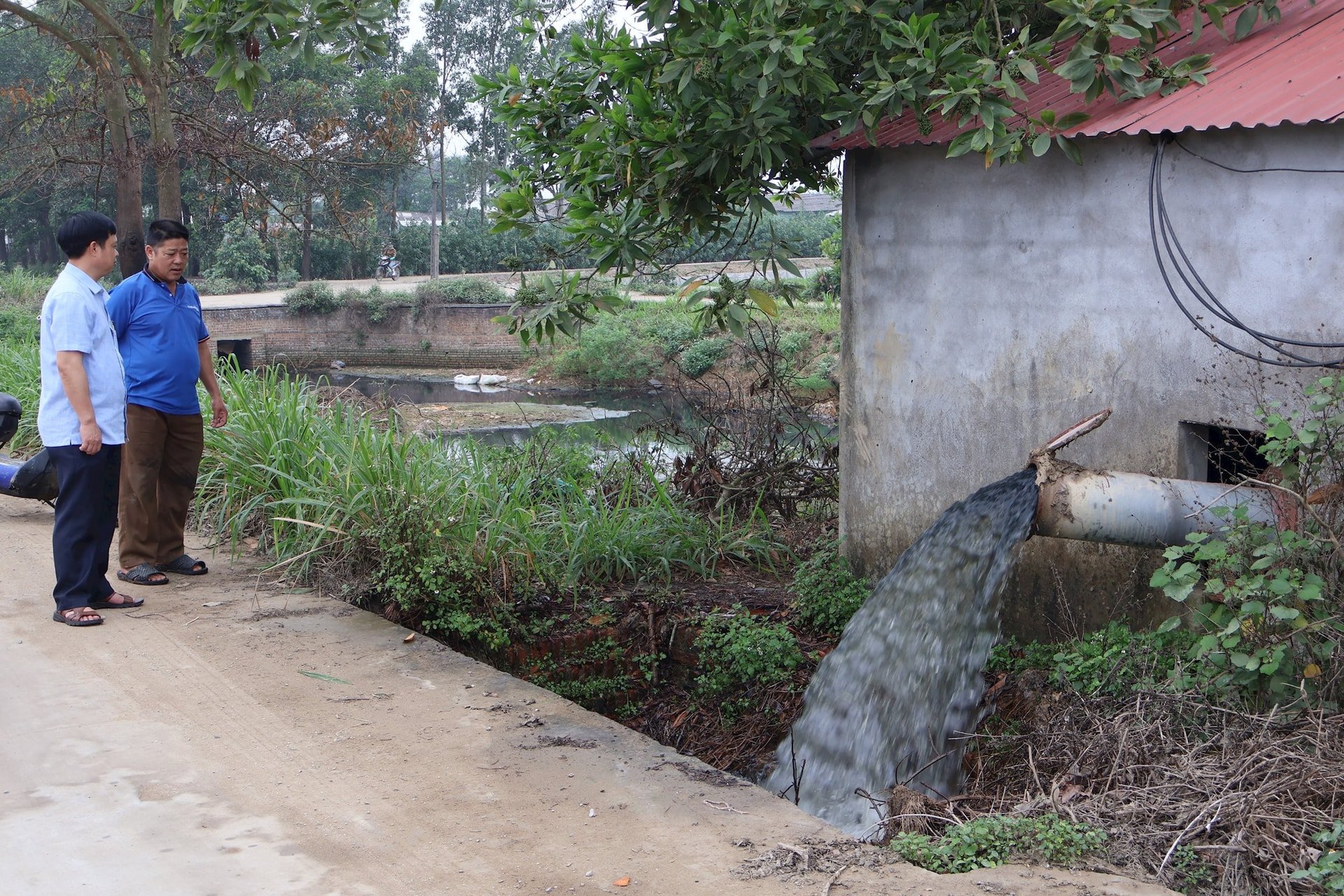










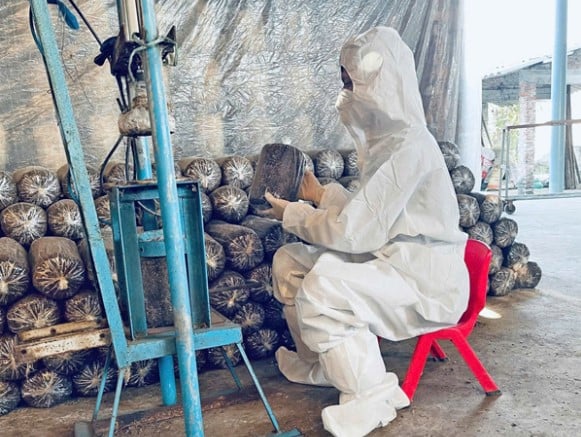
Comment (0)